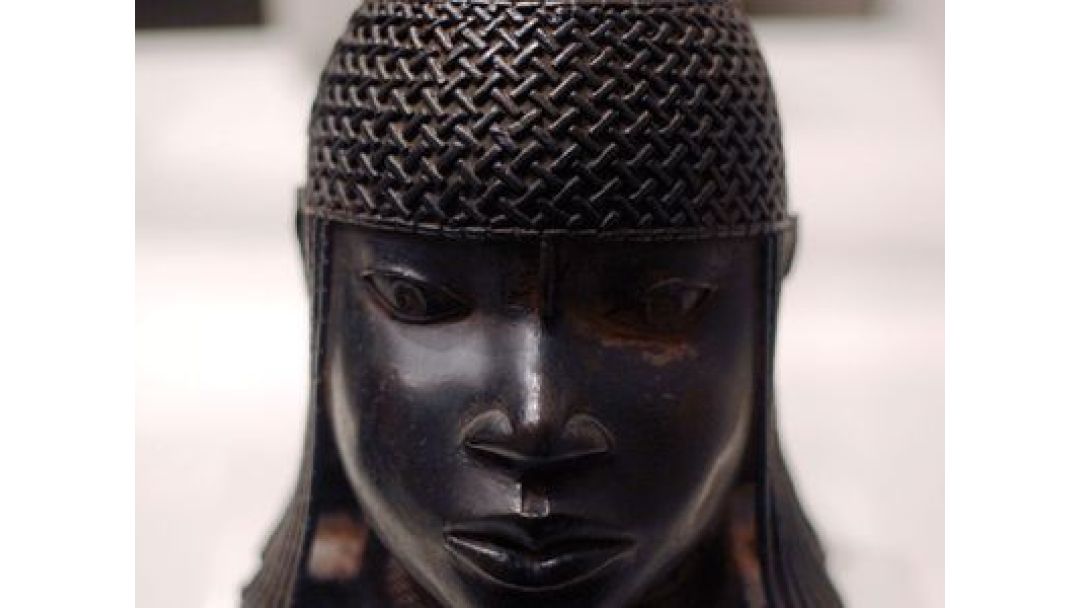According to tradition, the Edo people grew dissatisfied with the rule of the Ogisos—a dynasty of semi-mythical kings—and in the 13th century, they invited Prince Oranmiyan of Ife to govern them. His son, Eweka, is regarded as the first Oba (king) of Benin, although political authority remained for some time with a hereditary council of local chiefs.
By the late 13th century, royal authority began to strengthen under Oba Ewedo and was fully consolidated under the renowned Oba Ewuare the Great, who reigned around 1440 to 1480. Celebrated as both a formidable warrior and a magician, Ewuare established a system of hereditary succession and greatly expanded the Benin Kingdom. By the mid-16th century, its territory stretched from the Niger Delta in the east to present-day Lagos in the west.
Ewuare also transformed the capital, now known as Benin City, by constructing extensive walls and moats. The Oba emerged as the supreme political, judicial, economic, and spiritual leader of the kingdom. Over time, he and his royal ancestors became central figures in state-sponsored religious cults, which included the practice of human sacrifice in their rituals.


Comments